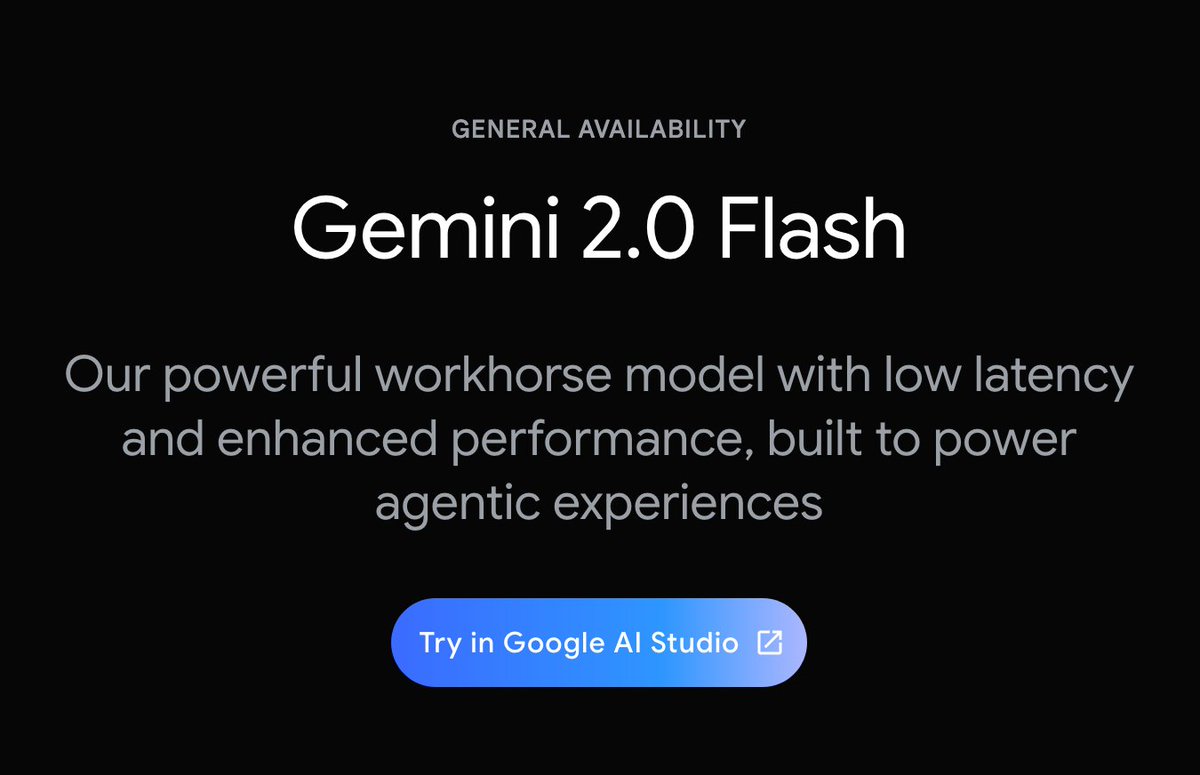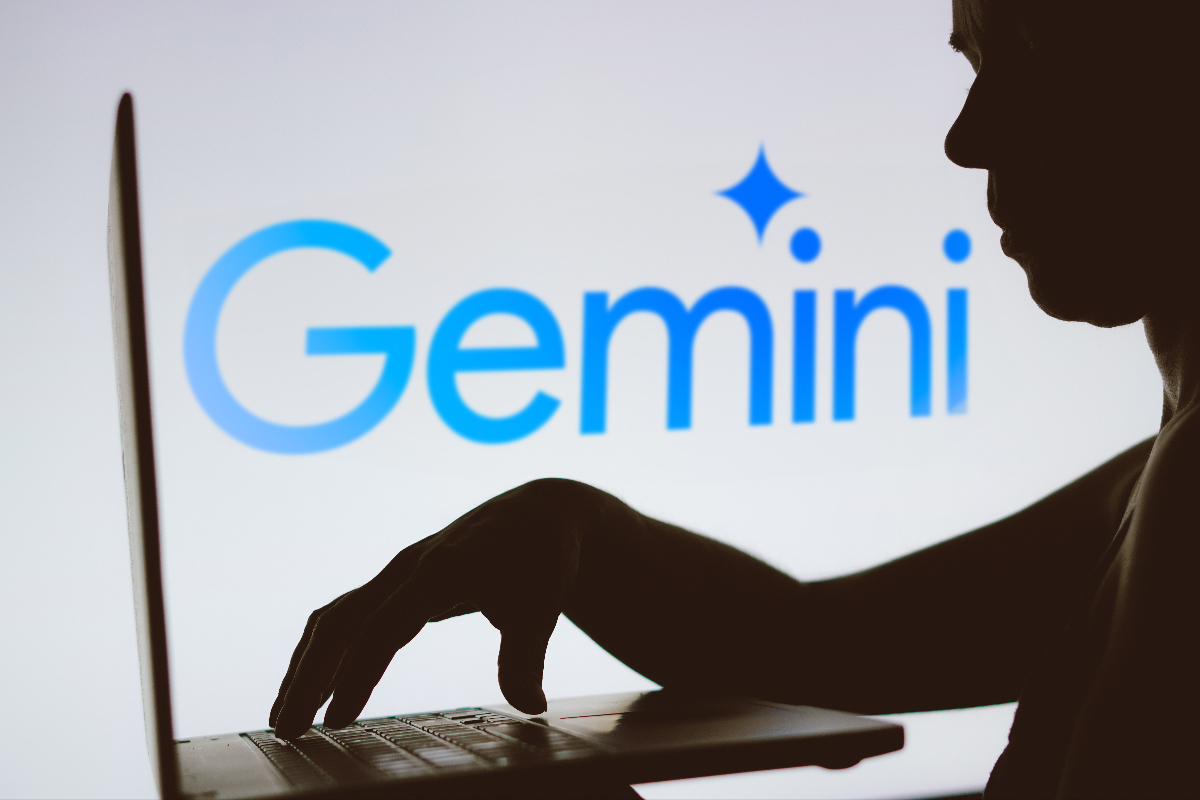1/11
@nocodeguy_
since i just noticed this and it might help some people out:
apparently the gemini api is completely free to use + you get 300$ of credits when you signup
you get 1500 requests/day for their new gemini 2.0 flash thinking / pro models
reasoning + 1 million context window = goodbye openai for now

2/11
@probprofessor
But how good is it compared to open ai? Have you tried it?
3/11
@nocodeguy_
I was using gpt-4o before and switched to flash thinking and for my use case (music theory etc) it actually gives way better answers
4/11
@NEO_MAGNETAR
I've not had as good of interactions with Google ai compared to openai overall. But this is comparable to the new deep research for now?
5/11
@nocodeguy_
I guess only 1.5 has a deep research like features
6/11
@StevenOrtega103
free to use this is surreal
7/11
@nocodeguy_
yeah it’s crazy
8/11
@mcdreamygoat
If its free … you are the product ? Is that valid in this case ?
9/11
@nocodeguy_
true, but honestly I don’t care
10/11
@itismejared
Good share! Thanks!
11/11
@nocodeguy_
sure!
To post tweets in this format, more info here: https://www.thecoli.com/threads/tips-and-tricks-for-posting-the-coli-megathread.984734/post-52211196
@nocodeguy_
since i just noticed this and it might help some people out:
apparently the gemini api is completely free to use + you get 300$ of credits when you signup
you get 1500 requests/day for their new gemini 2.0 flash thinking / pro models
reasoning + 1 million context window = goodbye openai for now

2/11
@probprofessor
But how good is it compared to open ai? Have you tried it?
3/11
@nocodeguy_
I was using gpt-4o before and switched to flash thinking and for my use case (music theory etc) it actually gives way better answers
4/11
@NEO_MAGNETAR
I've not had as good of interactions with Google ai compared to openai overall. But this is comparable to the new deep research for now?
5/11
@nocodeguy_
I guess only 1.5 has a deep research like features
6/11
@StevenOrtega103
free to use this is surreal
7/11
@nocodeguy_
yeah it’s crazy
8/11
@mcdreamygoat
If its free … you are the product ? Is that valid in this case ?
9/11
@nocodeguy_
true, but honestly I don’t care
10/11
@itismejared
Good share! Thanks!
11/11
@nocodeguy_
sure!
To post tweets in this format, more info here: https://www.thecoli.com/threads/tips-and-tricks-for-posting-the-coli-megathread.984734/post-52211196





















